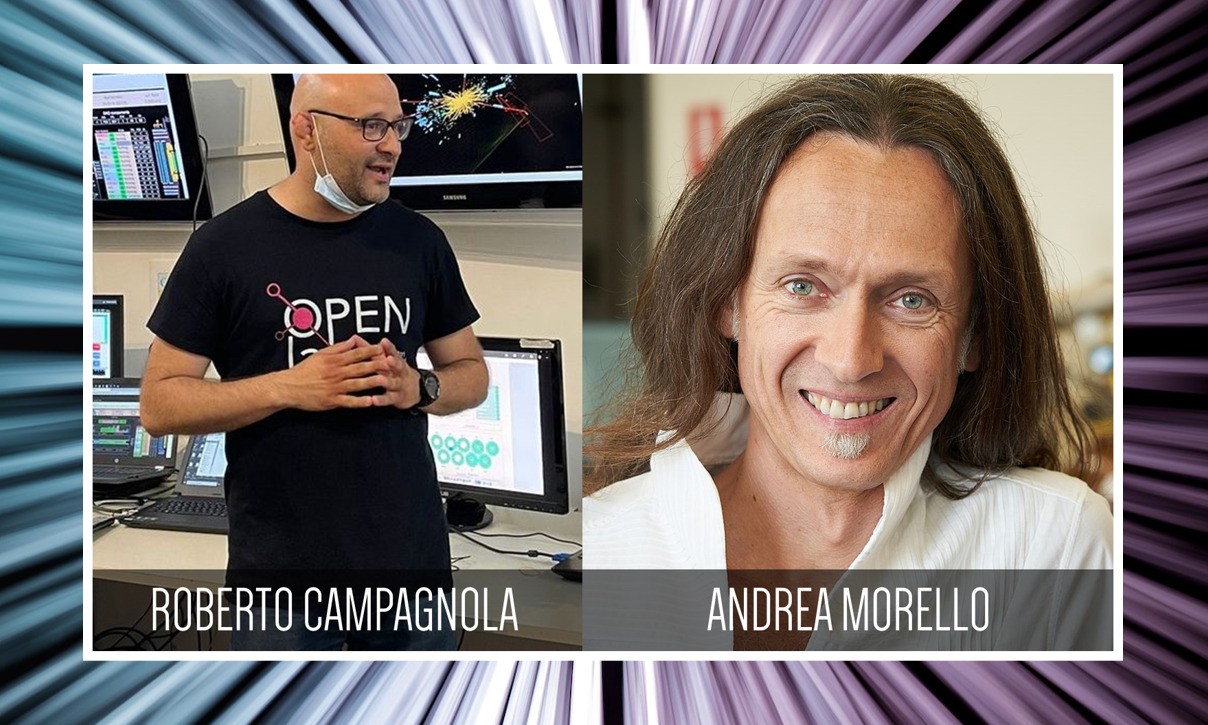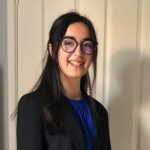
Original Author: Roberto Campagnola, 30 June 2023, Translator: Tara Lie, 14 May 2024
Red Hot Cyber’s Quantum Computing group has interviewed Professor Andrea Morello.
Professor Morello is an Italian scientist, naturalised in Australia, who deals with quantum engineering at the School of Electrical Engineering and Telecommunications and is the Program Manager at the ARC Center of Excellence for Quantum Computation and Communication Technology (CQC2T) at the University of New South Wales in Australia.
Morello’s research focuses primarily on the design and construction of the basic components of a quantum computer using the spins of individual atoms in silicon. His team was the first in the world to demonstrate consistent control and reading of the electron and nuclear spin of a single phosphorus atom in silicon. For many years the team has also held the record for the longest quantum memory time for a single solid state qubit (35.6 seconds). Morello’s research additionally focuses on the use of highly consistent spin systems to study the basics of quantum mechanics.
Similar to Red Hot Cyber, Morello also has a great passion: bringing science to the people. Outside of research, Morello is actively engaged in quantum computing education. He has produced a series of YouTube videos “The Quantum Around You” and “Quantum Computing Concepts” to bring the fundamental concepts of quantum physics to a wider audience. Morello has also starred in a series of videos produced by youtuber Derek Muller on his Veritasium channel, explaining the fundamental concepts of quantum computing, with the most-watched video in this series being watched over 4.4 million times.
Roberto Campagnola fromRed Hot Cyber’s Quantum Computing Group contacted Prof. Morello to ask him for an interview, which he kindly gave us, in which he gave us various ideas in order to understand where quantum research is taking us.
Read the 2023 interview with Professor Morello below:
Roberto Campagnola: Can you briefly describe the lines of research you are pursuing at UNSW?
Andrea Morello: My research is aimed at the development of quantum hardware using silicon structures at the atomic scale. My group was the first in the world to demonstrate the operation of a quantum bit (qubit) in silicon, using the spin of an electron located on a single phosphorus atom. More recently, we were the first to demonstrate universal quantum operations (1-qubit and 2-qubit) with errors less than 1%. Aside from quantum hardware research, I also deal with fundamental questions about quantum physics.
Roberto Campagnola: What is the current state-of-the-art in quantum computing, and what are the most promising technologies used?
Andrea Morello: We are still at a very early stage in the development of quantum hardware, where many platforms are still competing. The most active are based on superconductors (for example IBM and Google, and numerous start-ups in America and Europe) and ions trapped in a vacuum (many start-ups in America and Europe, plus Honeywell). Less developed at the moment, but very promising, are platforms based on spin in semiconductors (Intel, IBM, and many startups such as Diraq) or photons (PsiQuantum, Xanadu, Photonic Inc. and many others). The state of the art today is to demonstrate in principle that certain algorithms can be run, and develop methods to make hardware robust and error-free. At the moment, there is no hardware capable of offering concrete applications.
Roberto Campagnola: Is it possible to predict when quantum computing will actually become effective? What impact will it have on cybersecurity?
Andrea Morello: Absolutely not, but obviously everyone tries to. There is an annual survey, coordinated by Italian scientists in Canada, that asks this question to many experts every year. The general consensus is that devices capable of attacking cybersecurity will take at least 10 years. However, it is important to note that there are already risks today for content that may be relevant in the distant future. Even if there is not yet a quantum computer capable of decrypting encrypted messages, malicious agents can start intercepting these messages and keep them in memory waiting to be able to decrypt them in the future. Moreover, experience shows that it takes about 20 years to establish a new global and universal cybersecurity system. So it’s important to act quickly.
Roberto Campagnola: We know that many countries in the world, apparently “at odds” with each other, are investing a lot of money in quantum technologies. Research on quantum technologies has been called “the new space race”, do you agree with this definition?
Andrea Morello: In a certain sense yes. There is no doubt that the implications on cyber security require a lot of attention by governments and industry.
Roberto Campagnola: Which countries currently have the most advanced capabilities in quantum technologies?
Andrea Morello: The United States of America have very advanced systems, and enormous investment both in the private and public sector. Europe has many promising startups and significant but rather fragmented public investments. China has very advanced capability in the quantum telecommunications space. Australia, despite being ‘small’ (in population, but not in area obviously) has global leadership in quantum semiconductor technologies.
Roberto Campagnola: How do you evaluate Italian research and skills in quantum technology? How important is investing in these technologies today? Is it the case that “Who does not invest is destined to lose”?
Andrea Morello: I left Italy in 1999, and I didn’t pay much attention to the evolution of Italian research. I am aware of areas of excellence in research, such as molecular magnetism, but in the quantum field the Italian footprint seems small, and limited mainly to theoretical physics. I am of the opinion that, apart from giants like America and China, medium-sized countries should make restricted choices and focus on particular sectors to develop excellence in research on a global scale. Australia chose quantum technologies very early, at the expense of others. We’ll see in 20 years’ time if it was the right choice. Italy, of course, has made different choices, which I cannot judge. It will be important to maintain strategic links with the rest of Europe, to avoid falling behind.
Roberto Campagnola: Based on your studies and experience, will there be a nation destined to excel in quantum computing and communication?
Andrea Morello: More likely there will be global strategic alliances. The United States is very active in getting allied countries involved in quantum research, so as to create a transnational network of technologies and applications. Technological revolutions of this magnitude are never purely national issues.
Roberto Campagnola: What made you leave Italy, and do you ever think about returning to our country permanently?
Andrea Morello: I left Italy as a student, initially out of sheer curiosity and a desire for adventure. I then found a greater ease in carrying out advanced experimental research abroad. After a few years in France, Holland and Canada, I found an ideal environment to establish my research program and teaching in Australia. It is a land of pioneers and explorers, where there is a strong “culture of the possible”, accompanied by a deep multiculturalism where no one is made to feel like a foreigner. I have no plans or intentions to return permanently to Italy. In recent years things are slowly changing but in Italy scientific culture is still considered something “alien” that only a few “chosen” can follow, and it is considered “socially acceptable” to have little knowledge in the scientific disciplines, unlike the humanities; how can this “scientific-mathematical illiteracy” be remedied?
With the usual premise that I do not have a detailed view of how Italy has evolved over the past 20 years, it seems to me that this comment is not applicable throughout the country. In Turin, where I grew up and studied until graduation (at the Polytechnic), “engineer” is in fact an honorary title. The culture and technical and scientific education that I had, even before university, were of exceptional quality. And, contrary to what happens in many other countries, scientific education was not for a “selected few”. I grew up in a working-class family, I studied in public schools, and never for a moment had the impression of having to be an “selected” to be able to proceed in my studies.
Follow us on Google News to receive daily updates on cybersecurity. Contact us if you would like to report news, insights or content for publication.
